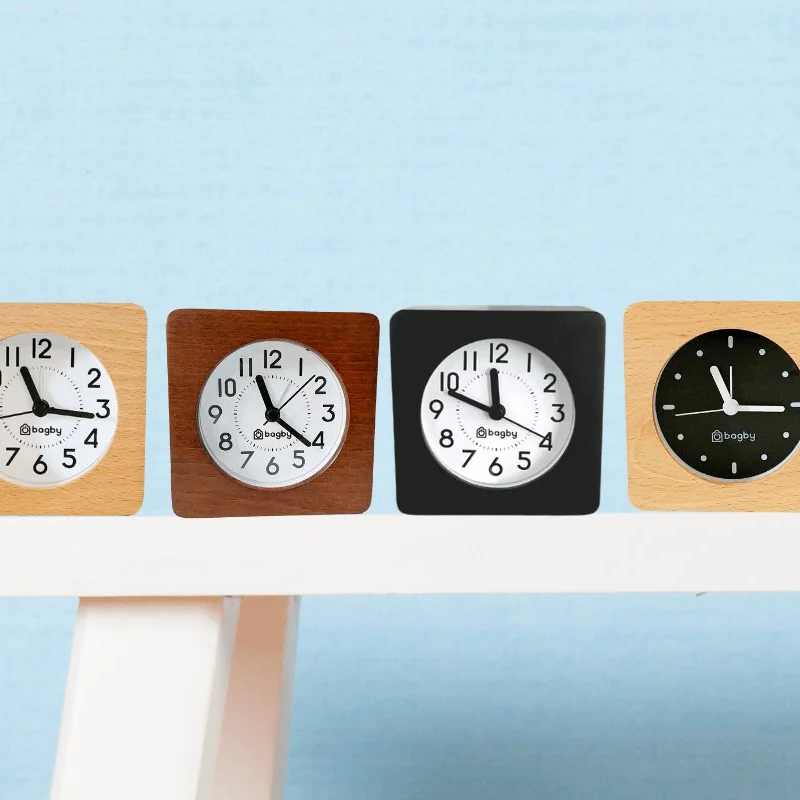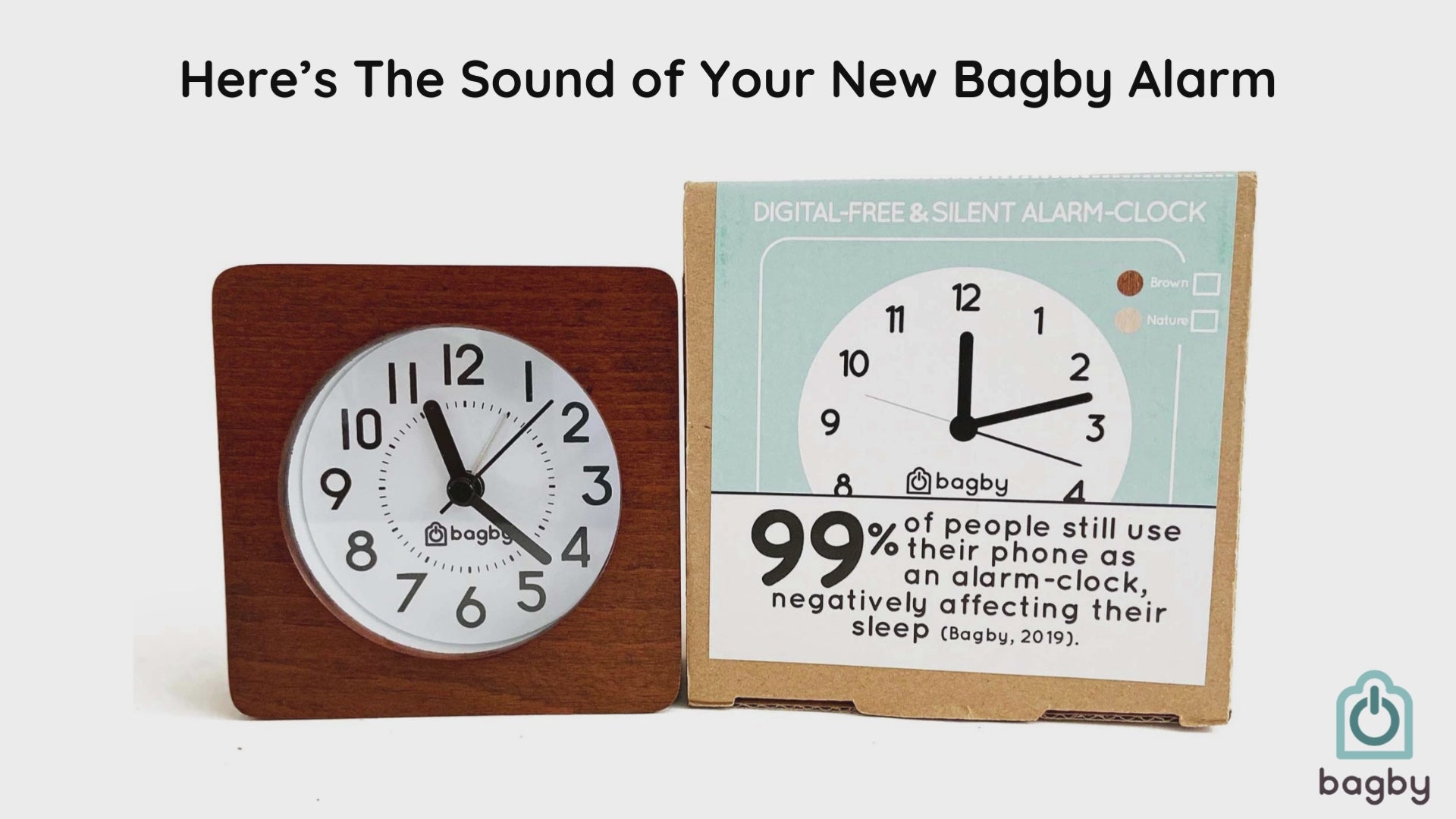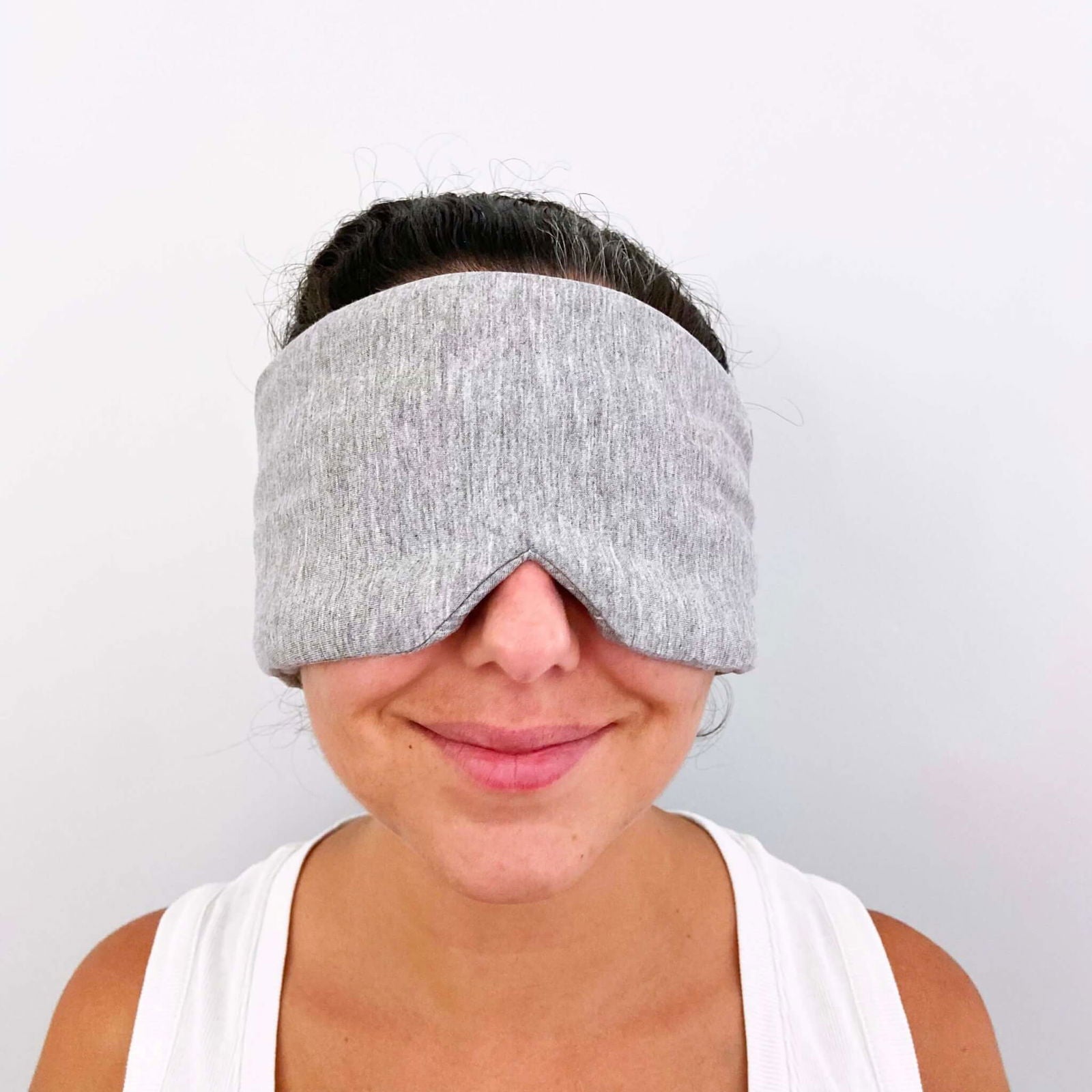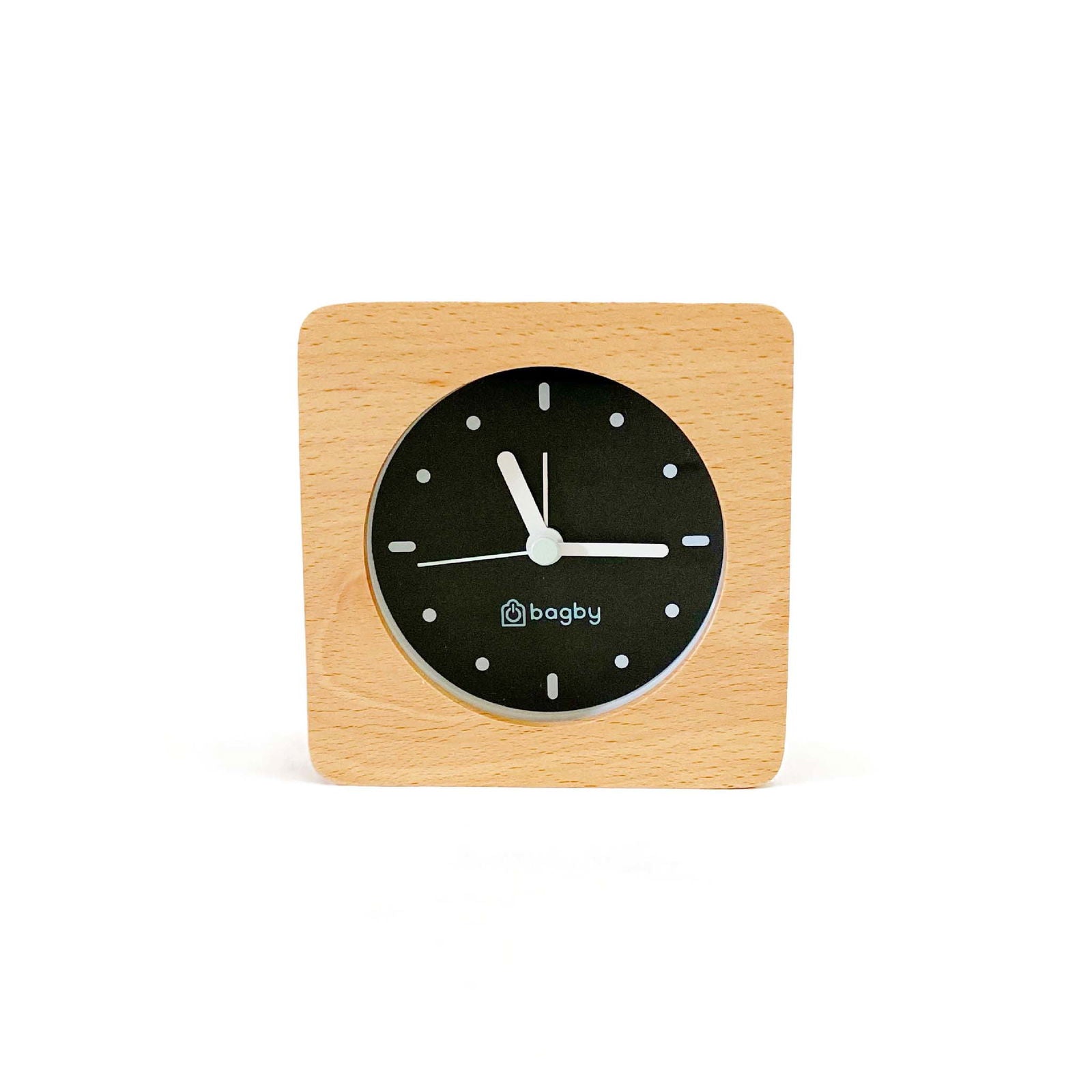It’s no secret that we spend a lot of time on our devices. With the pandemic, people’s screen time has skyrocketed. In fact, we spent 13+ hours on screens per day since COVID-19 emerged, according to a 2020 study from Eyesafe and UnitedHealthcare Vision. In the early days of the pandemic, others report an average of over 7 hours of screen time per day in an article from The Washington Post. Spending time—in our case, one-third or even more than one-half of a day—in front of screens on our devices drains us in ways we may never thought was possible. Think of the now widely used term “Zoom Fatigue.” It was always a real phenomenon, but the COVID-19 pandemic has brought it to light. We need to be more aware of the exhaustion we face that occurs as a result of the large amount of time we spend in front of screens.
With the holidays approaching, it is the perfect time to take some time away from your devices and limit your screen time this year. We know it can be daunting to practice digital wellness at times, so we’ve compiled a list of some things you can do to reduce your screen time in these coming days.
1- Limit Using Your Phone’s Camera
It’s tempting to use your phone as a camera because it’s so convenient. The technological improvements of phone cameras that come with each new smartphone model don’t make it any less tempting, either. However, there were days before smartphones—not that long ago, I may add—when ordinary people used to take pictures with an actual camera. It seems like photographers are the only ones who use them now. When did you last use a camera (not on your device) to take a picture for the sake of capturing a memory? If it’s been a while, why not try it again this holiday season? You can still upload the photos to social media if you want, but using a camera will allow you to live more in the moment and not be so consumed and distracted by your phone or tablet.
2- Put Your Phone Away During Mealtimes
We’ve encouraged #devicefreedinners before and we’ll say it again: device-free dinners are an excellent way to build connection. According to research from a study from the global cybersecurity and digital privacy company Kaspersky released in November 2021 showing how parents and children manage their digital habits, “65% of parents report that they use their digital devices during meals.” That’s quite a large number, so let’s work to try to limit that together.
Here’s an idea. Put your phone away to avoid checking it during mealtimes. Imagine if everyone did that during holiday gatherings. Now for every time an adult or teenager checks their phone during the meal, put a dollar in a jar. Donate that money to a charity of your choice.
3- Reflect
Sometimes we get so caught up in the craziness of everyday life that we forget to reflect on our state of being and what’s around us. Part of what “human time” means to us means taking time off-screen in order to be more in touch with your surroundings. It’s about living in the moment and not experiencing everything through our devices and technology. Consider making reflection a regular part of your “human time.” Reflect on what you’ve accomplished and what you’re grateful for. Indeed, research by the psychologist Judith Moskowitz at her team at Northwestern University noted that regularly practicing gratitude can increase positive emotions. The increase in positive emotions “can help people cope with stress and improve their mental and physical health,” she says in an article from the National Institute of Health. Here’s another article from UC Berkeley that assesses the psychological benefits of gratitude.
Check in with yourself regularly. Acknowledge that not everything you do will go as planned, which is perfectly okay, and practice self-compassion. As the English poet Alexander Pope famously said, we aren’t perfect: “To err is human.” It’s okay to make mistakes; the important thing is that we learn from them and consciously try to improve ourselves.
4- Take a Digital Detox
In all honesty, it can be challenging to go completely off-screen or offline. The constant pressure to be always available and responsive can certainly be overwhelming. It doesn’t have to be this way. We can consciously decide to shut things off and do it regularly. Yes, it’s courageous. Yet, people all over the world are consciously taking social media and digital detoxes and reporting about how good it’s been for them, and sometimes, encouraging others to follow. We’ve built a community of influencers who practice digital detox and are in the process of building another to help you with your digital wellness habits next year, so stay tuned for more information to come. We want this to be a shared journey where people can share their successes and happiness. We don’t need to live in a world that is for the online; we can live offline and enjoy it, too. As we say, “Enjoy the sunset, post it later.”
5- Prioritize Digital Wellness Habits Incorporate Digital Wellness Habits Into Your New Years’ Resolutions
So, what can you do to improve your relationship with technology this coming year (and for years to come)? It’s not too surprising how dependent we are on our devices, considering that tech companies have deliberately designed things to hold our attention. In order to help overcome this, make sure you take regularly scheduled breaks away every now and then. Also, create healthy bedtime and morning routines that don’t involve your devices. Leave your phone outside the bedroom and use an analog alarm clock like these so you aren’t tempted to reach for your phone in the middle of the night or first thing in the morning. We’ve even created a special sleeping bag for your phone that hangs on your doorknob. No matter what you do, start small and go from there. Digital wellbeing is holistic. Changing your habits in one area could positively impact you in another way you didn’t know was possible.
Author: Rebecca Cohen-Lindfors


















